“Survivor” Season 42: Episode 8, Reviewed
The eighth episode of this season of “Survivor” revealed more strained relationships among the eight remaining castaways. Vaughn Armour ’25 reflects on the history of racial biases in the show and explains how the current cast is flipping the script.
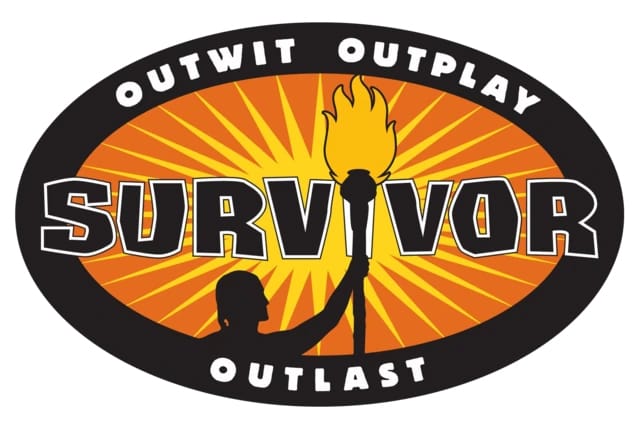
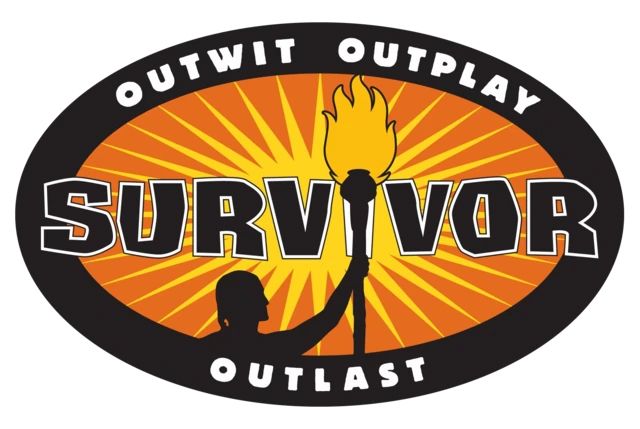
On Wednesday, April 27, Survivor released another solid episode with interesting social commentary and two eliminations. Only eight castaways remain after the twist of double elimination. There are only a couple more episodes left before the finale, so the endgame is drawing near.
The episode began with an angry Hai. Romeo threw an anonymous vote at him at the previous Tribal, and Hai knew that he did it. I thought Hai was a little too abrasive since the vote went his way. After all, it didn’t end up affecting anything, and he was still in a power position. However, this vaulted Romeo to the top of Hai’s hit list.
Hai went to the large alliance and pitched Romeo as the next boot, but Rocksroy countered with the idea that the guys should stick together. Larger guys tend to be targeted in the post-merge for being immunity threats, so this plan made sense for Rocksroy. It also made sense for Jonathan and Mike, who were in support of the idea. However, Omar was not on board with the rest of the guys. Later in the game, the Survivor challenges get very physical. Omar’s chances of winning those challenges are much greater if he’s going against the women than if he’s competing with guys, who all seem to be more athletic than him. He recognized this immediately, and disliked Rocksroy’s plan. However, he followed the number one rule of Survivor perfectly: never say no to an alliance. Hai also didn’t love this idea, but primarily because of the way Rocksory pitched it. He didn’t ask how Hai felt about a guys’ alliance — he informed him that it existed.
At the immunity challenge, the 10 Survivors were split into two equal groups, with two individual immunity necklaces up for grabs. Both groups would go to separate Tribal Councils, with two people being eliminated: devastating news for the contestants. It was a classic Survivor challenge: they had to stand on a thin perch jostling above the ocean until they couldn’t anymore. Because of violent winds, it went faster than normal. Hai and Jonathan won in their respective halves of the group.
The rest of Hai’s group comprised Romeo, Rocksroy, Omar, and Mike. The Survivor gods had given Rocksroy the all-male group he so desperately craved. He frolicked through the day without a care in the world, even telling Jeff at Tribal that he thought there wasn’t much strategy going on that night. I have no clue how that didn’t alert him that something was wrong, but Rocksroy was blindsided: taken out by the all-male group he so wanted to form. Both Omar and Hai thought Rocksroy was too rigid and unwilling to listen to other people’s ideas. It was tough to get Mike on board, but they eventually did. Nine remained.
When the other group (Jonathan, Drea, Maryanne, Tori, and Lindsay) walked into Tribal, they were stunned. None of them had expected Rocksroy to go, for differing reasons. Jonathan thought the all-male alliance was running things, and was shook to see an ally depart so soon. Drea took it a different way. Throughout “Survivor’s” history, there have been issues with minority contestants doing worse than white contestants. Specifically, many seasons have had runs of minority contestants all going out in a row. This is always a bad look for the show, and speaks to the impact of subconscious bias on decision making. In stressful situations, we tend to favor our own in-group, as people who look like us can make us more comfortable, even if it isn’t a conscious choice. All of this is why “Survivor” launched a diversity campaign led by Island of the Idols contestant (and one of my all-time favorites) Jamal Shipman. They wanted the casts to be more diverse, so that in-groups are harder to determine by race, and large white alliances don’t dominate the game as they have in the past.
As a fan of the game, Drea saw a pattern she was all too familiar with: back to back Black vote-outs. This cast is very diverse, and there were valid reasons why it was smart to take out both of these players. However, Drea didn’t want to risk that trend continuing, and told everyone that she was playing her idol that night. Jonathan, Lindsay, and Maryanne’s plan was actually to blindside Drea that night, so she would’ve gone home.
Jonathan did not exactly understand Drea’s feelings, saying that her claim of subconscious biases meant she was calling the white players subconsciously racist. It wasn’t a great day for Jonathan overall. He tried to make Maryanne the decoy vote instead of Tori, because he thought Tori and Drea were close. This was a blatant misread, and Lindsay told him that. However, he still wouldn’t listen to her: bad gameplay.
Understandably, Maryanne felt alienated, understandably. If Drea decided to play her idol, and if they followed Jonathan’s plan, Maryanne would have gone home. She’s expendable to him, and now she knows it. The pattern of jurors also affected Maryanne. She spoke powerfully about the struggles Black players have in “Survivor,” and how the weight of representing one’s own race with each decision in the game is an added burden that people like Jonathan don’t have to worry about. She played her idol along with Drea, a symbolic move to show that her words weren’t just a plea to stay safe.
This left Tori and Lindsay as the only two players eligible to go. Tori unsuccessfully played her shot in the dark (giving up your vote for a one in six chance of staying), and she was sent home.
With eight players remaining, the story of the season is becoming clear. Maryanne is the underdog, continually being underestimated by more powerful players like Jonathan. Despite being likable up to this point, Jonathan may be a complex villain, the Goliath that David has to slay to win the game. Omar is the most adept strategist, balancing the social and strategic games better than anyone. Hai is the frontrunner, who has played a great game, but may be peaking too early. Drea is the X factor, loaded up with advantages that make her insanely dangerous in the game. At its core, “Survivor” is a story built off of “Lord of the Flies,” full of triumphs and downfalls. We’re just entering the third act of that story now: here’s where it gets awesome.


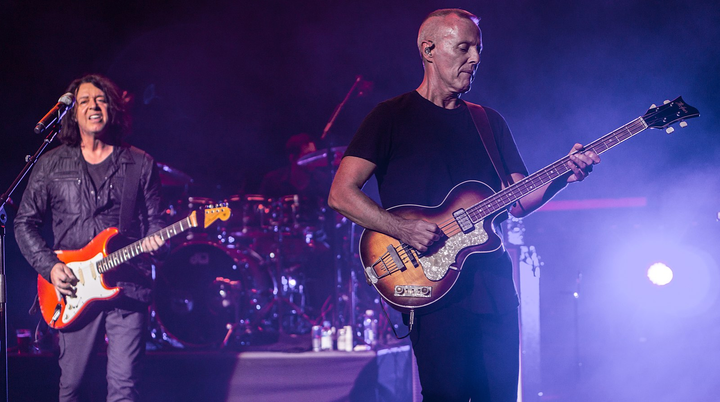
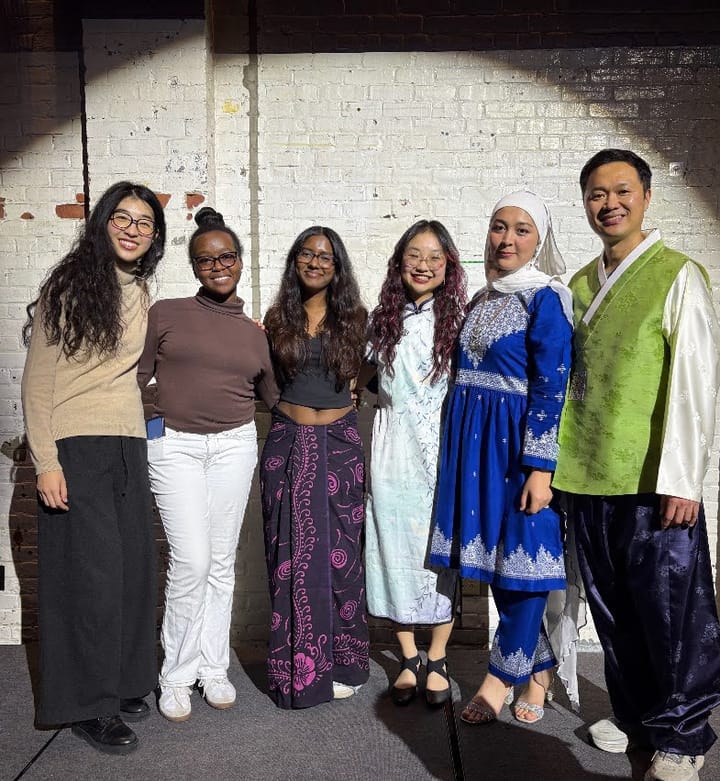
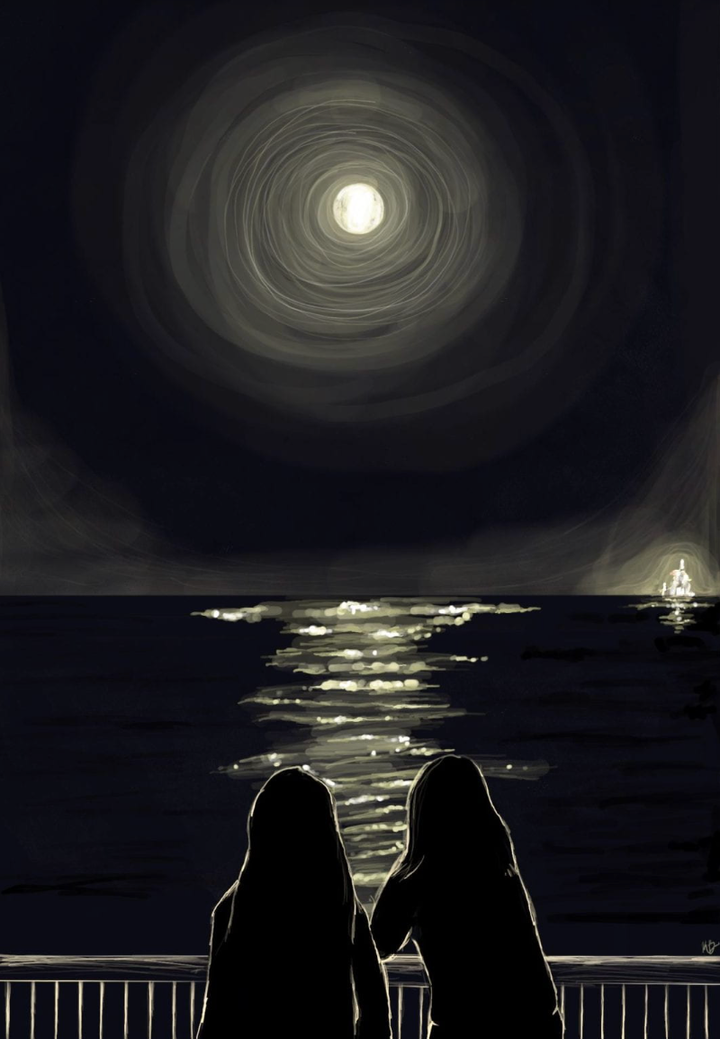
Comments ()